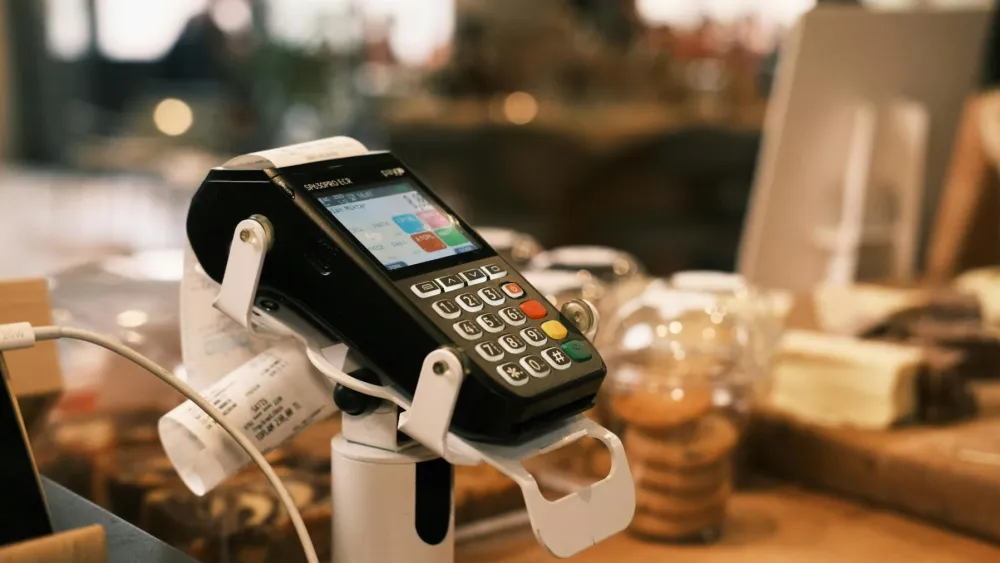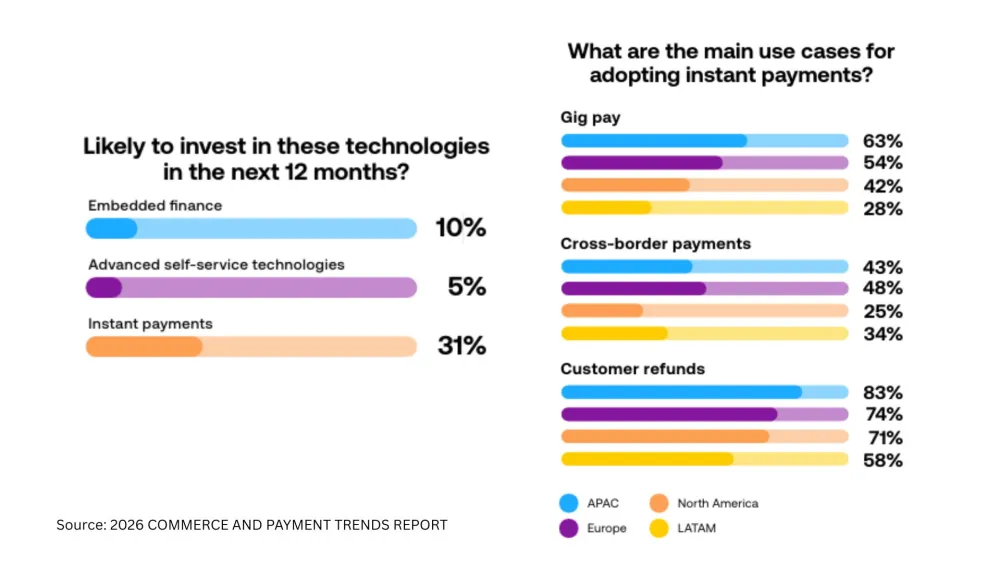
Mobile wallets trump cash as India's e-payments grow forty-fold
Consumers are increasingly using e-wallets for their daily transactions like food and transport.
Mobile wallets in India are aggressively snapping up market share as more than half (55.4%) of consumers shun both cards and cash in favor of the digital alternative, according to a survey from data and analytics firm GlobalData.
This makes India one of the world’s top markets for mobile wallet adoption with mobile wallet transactions growing forty-fold from $369.6m (INR24b) in 2013 to $14.72b (INR 955b) in 2017 and poised to hit the INR1t mark in early 2018.
India’s headline figures are even higher compared to developed markets like the US and UK where card still reigns as the dominant paying method.
The survey also revealed that the share of cash or cheque (cash on delivery) in total e-commerce transaction value plumetted to 16% in 2017 as was the case with payment cards which dipped to 32%, whereas the mobile wallet share jumped from just 7% to 29% during the same period.
This comes as the government itself pushed the demonetisation shift in November 2016 leading to a cash-crunch and compelling people to pursue electronic mode of payments.
“The growth in mobile wallet market is fueled by the government’s policies to promote electronic payments, coupled with rise in smartphone penetration, and improved telecom and payment infrastructure,” said GlobalData Payments senior analyst Ravi Sharma.
Whilst most medium to large-value transactions are still carried out via digital banking channels, consumers are increasingly using mobile wallets for their day-to-day transactions at supermarkets, groceries, fuel stations and taxi services, extending the scope of the tech beyond e-commerce payments.
However, the growing profitability of the digital wallet has also led to increased market saturation as new players from various industries like banks, mobile network operators and even the government itself are gunning to snap up a piece of the mobile wallet pie. In September 2017, Google launched Tez, a mobile payment solution enabling linkages between bank accounts to pay for both physical and online purchases whilst Samsung Pay earlier penetrated the market in March.
To stay relevant, wallet providers must enhance their services and focus on value-added services like hotel, airline bookings and utility bill payments to position the mobile wallet market for long-term growth.



















 Advertise
Advertise












